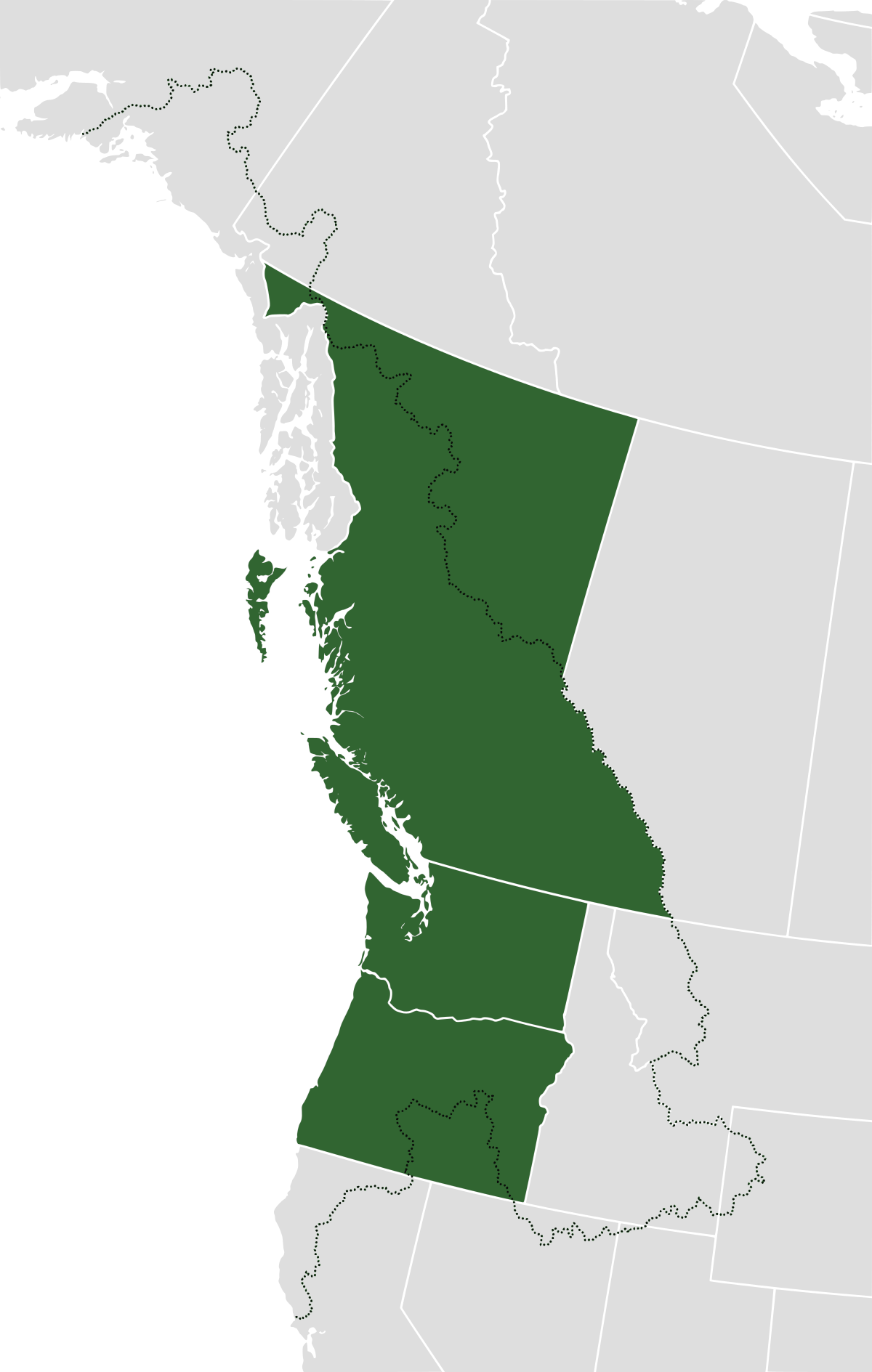That's very, very true.You are ultimately correct. However I am sure there are still lots of people that could move if they wanted to. Especially most of the people getting riled up about this specific issue. Many of the poor folks that would not have the means to relocate have bigger fish to fry than getting riled up about a Greater Idaho Movement.
I get awfully cantankerous when it's suggested that people "just move". We have a huge problem with this here in Louisiana. There's a region that we (not so affectionately) call "cancer alley" due to the large amount of refineries and the much higher cancer rates associated with living near refineries. As you can imagine, most of these houses are inherited and all of the people that live there are poor. They can't get out because no one wants a house in cancer alley. Where they live is literally making them sick, and they lack any other financial resources to move. If a kid is smart enough, he or she might get out, but given the school systems in these very poor areas, that's not a high likelihood. It becomes a catch 22 of poverty.
The brunt of the voting restrictions will be levied against poorer communities. I have to ask the question though, is it that Republicans would rather people not have liberal policies in social policy (like gay marriage or abortion rights) or is it that Republicans are more scared of poor people voting for liberal government structures (like Medicare for all and nationalizing the electrical grid)? I think the first one is a red herring that conservatives like to throw out there, but it's really the later they are more afraid of.More so than the urban/rural divide, this seems revealing to me in light of the voting restrictions being passed in red states in what it demonstrates about conservative power dynamics. If you ask me, the emerging trend is that conservative populations would prefer their communities to be devoid of liberal input. If you're in charge, prevent them from voting; if you're not in charge, consider secession. Neither mode incentivizes good governance that would be advantageous for, or persuasive to, people on the other end of the ideological spectrum.


